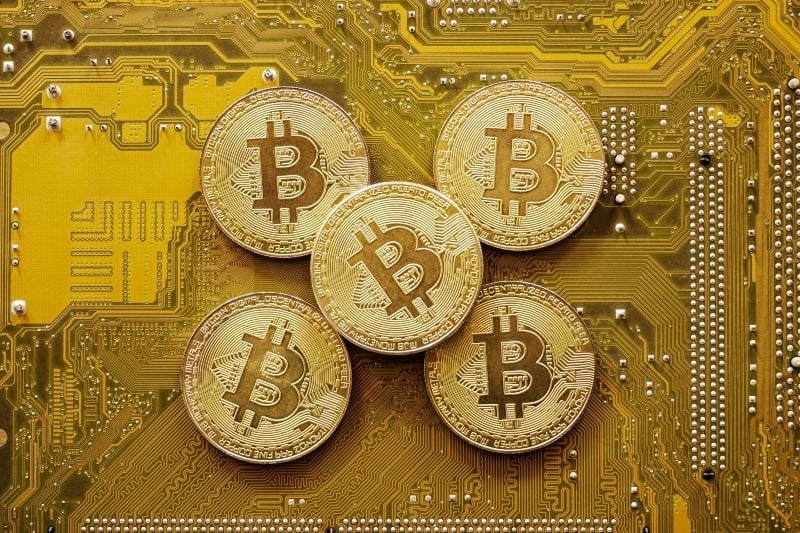
Paraguay’s President Mario Abdo vetoed a bill already passed that sought to recognize cryptocurrency mining as an industrial activity
Paraguay: progress on new mining law
TeleSUR reports this, saying that the bill will now go back to the House and Senate.
The fact is that recognizing cryptocurrency mining as industrial activity would have allowed them to apply the 15% tax on profits, but it would also grant permits to cryptocurrency service providers and miners, as well as create a specialized institute on the subject.
President Abdo opted for the veto because he considers cryptocurrency mining to be an energy-intensive, capital-intensive, and labor-intensive activity.
In other words, he opposed the recognition of cryptocurrency mining as an industrial activity because he would like it recognized instead as an energy-intensive activity that does not generate value added.
The Ministry of Industry and Trade also agrees with the veto because it argues that the cryptocurrency activities that the bill would promote could have a negative impact on energy consumption, so much so that it could even force Paraguay to import electricity in the future.
Paraguay is one of the few countries in Latin America that has maintained a public monopoly on electricity production.

La produzione di energia in Paraguay
Production is almost 100% from hydroelectric sources, and 90% of the energy produced is exported.
Because of this, the country is by far one of the largest net exporters of electricity in the world.
In addition, due to the very clear dominance of hydroelectric power generation, electricity prices in Paraguay are significantly lower than the regional average.
For this reason, there is a fear that a law favoring cryptocurrency mining could attract large numbers of miners who might begin to consume much of the energy produced in the country.
Although it is a bit hard to imagine that they might get to consume all the energy currently exported, the risk of a significant impact on electricity prices is there.
Moreover, the country’s central bank does not seem to be particularly supportive of the use of cryptocurrencies.
Indeed, they have stated that they are not backed by any monetary authority, that their custody is not controlled, that they do not perform the basic functions of money, and that they constitute high-risk investments.
Until a few months ago, it was even thought that Paraguay might follow El Salvador’s example and appoint Bitcoin as legal tender, but unlike El Salvador, Paraguay has its own currency, and moreover quite stable.
In light of what is happening now, this possibility seems to have faded.
The post Paraguay: new cryptocurrency mining law vetoed appeared first on The Cryptonomist.





















